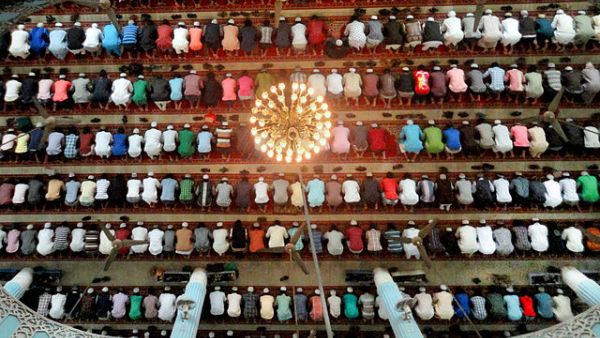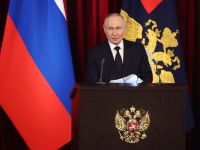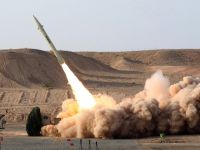- Saudi's Crown Prince has vowed to "eradicate extremism" and promote "moderate Islam"
- This could have an impact on global Islam
- Saudi Arabia has funded the spread of the ultra-conservative Wahhabi theology
- Last week a council of scholars was set up by the king to combat extremist techings worldwide
Is Saudi Arabia’s Mohammed bin Salman promising to “eradicate extremism” global Islam’s Pope Francis moment?
Since 2013, when the Argentinian was selected as leader of the worldwide Catholic Church, he has taken a more progressive approach on a number of issues.
From saying “who am I to judge?" about gay priests, to personally taking three Muslim Syrian refugee families from a Greek island to start a new life in Rome, Pope Francis has often held more liberal positions than his predecessors.
Unlike Pope Francis, the Saudi royal family are not religious officials, although King Salman adopts the title "Custodian of the Two Holy Mosques".
Saudi Arabia, however, is the birthplace of Islam and its holy city of Mecca draws millions of pilgrims for the Hajj. As a religious center, the Gulf state arguably holds more authority to global Muslims than the Vatican to Catholics.
For this reason, the Crown Prince’s comments on Tuesday that Saudi Arabia would revert to “a moderate Islam open to the world and all religions”, could be a significant moment for the Islamic world.
- Saudi's Crown Prince and His Hidden Agenda Behind Destroying Extremism
- Saudi Crown Prince Vows to Restore 'Moderate, Open' Islam and End Extremism
Saudi Arabia has previously been accused of using its international religious influence to spread extremist religious beliefs.
In July, a report from the conservative British Henry Jackson Society suggested that “since the 1960s [the Saudi government] has sponsored a multimillion dollar effort to export Wahhabi Islam across the Islamic world.”
Wahhabism is the highly conservative, fundamentalist Islamic doctrine that forms the state-sponsored form of the religion in Saudi Arabia.
In 2013, it was described by the European Parliament as “the main source of global terrorism” according to The Telegraph. The U.S. state department estimates that since the 1970s, approximately $10bn has been invested by Riyadh in charities promoting Wahhabism internationally.
However, Mohammed bin Salman’s words on Tuesday, and the liberalizing trend he has seen in, appear to suggest a shift towards a more moderate religion in Saudi Arabia.
If this is truly the case, and goes beyond an Western-appealing face lift, it could have a considerable impact on Islamic teaching worldwide.
In fact, there is already some evidence for that shift in influence.
In the last week, the kingdom has announced the founding of a council of scholars to ensure the veracity of religious teachings around the world. Elite scholars at the King Salman Complex in Medina will be responsible for “eliminating fake and extremist texts”.
A statement from Saudi’s ministry of culture and information described it as an “unprecedented initiative”.
Yet, like Pope Francis, reform is only likely to go so far. The Pontiff may have offered unprecedented appeal to progressives, but he remains attached to orthodox Catholic teachings on contraception and abortion.
Saudi Arabia may have delighted liberals worldwide by allowing women to drive, but women continue to be constrained by a somewhat loosened guardianship system.
Although the royal family reduced the religious police’s powers, alcohol, cinemas and theatres are still be banned.
While Bin Salman has advocated for “moderate Islam,” still his family's power continues to depend upon highly conservative scholars.
It remains to be seen what “destroying extremism” will mean in practice. If it does see Saudi Arabia becoming a more moderate center for Islam, however, that will inevitably have a global effect.







